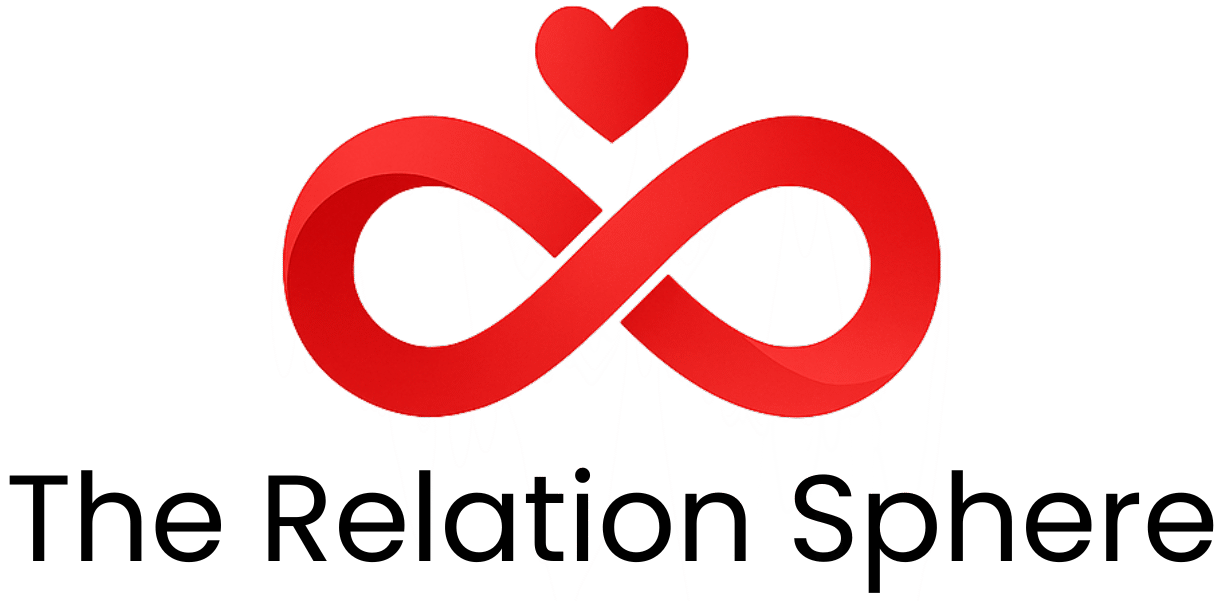1. Introduction
Friendships are one of the most valuable and enriching aspects of our lives. They provide support, joy, and a sense of belonging that enhances our overall well-being. However, as life progresses, not all friendships remain constant; some naturally fade over time due to changing circumstances or personal growth. Understanding when to let a friendship go is crucial to maintaining emotional health and nurturing more fulfilling relationships. Recognizing the subtle yet important signs that you’re growing apart from someone allows you to navigate this transition with grace and compassion, whether it’s a temporary phase or signals that the friendship has run its course. This article delves into the key signs you’re growing apart and offers practical guidance on how to approach such situations thoughtfully, emphasizing the importance of self-awareness and emotional maturity. For insight into enhancing your emotional clarity, explore how to love without losing yourself at this helpful link.
2. Recognizing the Signs You’re Growing Apart

Feeling disconnection or disappointment is often one of the earliest signs that your friendship may be experiencing a shift. When interactions start feeling strained or less genuine, and you find yourself less eager to reach out or respond, it could be an indication of growing emotional distance. This disconnection can be subtle at first but tends to become more prominent over time. In such moments, it’s helpful to reflect on whether external factors like increased stress or busy schedules are influencing your feelings, or if the relationship itself is evolving. To deepen your understanding of how internal work affects relationship dynamics, consider reading Shadow Work in Relationships. Recognizing these early signs allows you to address issues before the emotional gap widens further.
3. Loss of Shared Interests and Activities
As individuals grow and change, their interests, goals, and core values often evolve. Growing apart in friendships frequently manifests through a loss of common ground — shared hobbies, activities, or even philosophies that once bonded you. If regular conversations revolve around different topics or you find it harder to relate to each other’s experiences, it might be a signal that your life paths are diverging. Staying aware of this shift can prompt you to have honest conversations about the future of the friendship or accept that new priorities demand different social circles. Enhancing your relational skills through resources like A Smart Girl’s Guide: Friendship Troubles can offer strategies for handling these changes with sensitivity and clarity.
4. Decreased Communication

Another unmistakable sign of a friendship in transition is a decline in communication. When your friend no longer initiates contact or responses become sporadic, superficial, or one-sided, it suggests waning interest or emotional closure. Friendships rely heavily on consistent, open communication to flourish; its absence points to a possible emotional disconnect. If you want to strengthen your communication skills and foster healthier relationships, exploring tools like The Inner Work of Relationships can be beneficial. Recognizing these communication patterns can help you decide whether to rekindle the connection or gently accept the drift, taking care of your emotional needs along the way.
5. Feeling Unappreciated or Unheard
Mutual respect and understanding form the foundation of lasting friendships. When you start to feel unappreciated or unheard during your interactions, it’s a clear sign of emotional distancing. This often occurs when efforts to connect are ignored or dismissed, leading to frustration, resentment, and a sense that your feelings are invalidated. To navigate feelings of being undervalued, consider strengthening your communication skills with resources like Love & Respect. Recognizing when your needs aren’t being met is essential for deciding whether to address the issue directly or accept that the relationship may no longer serve your well-being.
6. Changes in Life Circumstances

Major life changes such as relocating, changing careers, or entering new relationships can naturally cause gradual drifting in friendships. When your life realities differ significantly from those of your friends—such as different schedules or future plans—it becomes increasingly difficult to maintain the same closeness. Sometimes, these shifts highlight that the friendship has fulfilled its purpose and it’s time to let go. Learning to navigate these transitions gracefully can be supported by tools like The Seven Principles for Making Marriage Work, which emphasize adaptability and mutual growth, applicable to all relationships including friendships.
7. Feelings of Loneliness or Emotional Drain
If maintaining a friendship begins to feel more like a chore than a source of joy, and you often leave interactions feeling lonely or emotionally drained, it’s likely time to reassess that relationship. True friendships should energize and uplift you, creating a safe space for vulnerability and support. When they cause emotional exhaustion, it may signal that boundaries need to be established, or that the friendship is no longer healthy. Improving your interpersonal skills and emotional resilience can be achieved through exercises like Love More, Fight Less, which teaches effective communication and conflict resolution.
8. When It’s Time to Let Go
Deciding when to let a friendship go requires honest self-reflection and compassion. It’s essential to recognize that not every friendship is destined to last forever, and some relationships serve their purpose at a particular stage of life. Sometimes, ending a friendship is an act of self-care and a step toward healthier connections. Think about the factors involved—consider what you value, communicate openly if appropriate, and prioritize your emotional well-being. Remember, releasing a friendship can open space for new relationships that better align with your current life and growth trajectory. For insight into personal healing, exploring shadow work can be incredibly helpful—learn more at Shadow Work in Relationships.
9. How to End a Friendship Respectfully
Ending a friendship doesn’t have to be confrontational or hurtful. Approaching the situation with empathy, honesty, and kindness helps preserve integrity and respect. Consider having a sincere conversation where you gently express your feelings and the reasons behind your decision. Acknowledge the positive moments you shared and avoid blame. If direct communication feels too difficult, gradually easing away without abruptness can sometimes be the most compassionate approach. For ideas on enriching your shared experiences before parting ways, check out Couples Edition – 50 Scratch-Off Date Night Ideas, which can inspire meaningful moments even in transitional times.
10. Moving Forward After Letting a Friendship Go

Releasing a friendship can be emotionally challenging, but it also opens the door to personal growth and new connections. Focus on self-care, nurture your other meaningful relationships, and immerse yourself in activities that bring you joy. Consider environments like a yoga retreat in Big Sur, California or a wellness retreat in Bali, Ubud. Remember, every ending creates space for new beginnings, allowing you to grow into a more authentic version of yourself and attracting healthier friendships in the future.
11. FAQs About When to Let a Friendship Go
How do I know if I should end a friendship?
If you often feel undervalued, emotionally exhausted, or notice significant changes such as decreased communication or feeling more lonely after interactions, these are strong indicators that you should consider ending the friendship. Trust your instincts and evaluate whether the relationship offers mutual respect and support. For additional insights on healthy relationship boundaries, visit this resource.
What are healthy ways to end a friendship?
Approach the process with honesty, kindness, and clarity. Communicate your feelings gently, acknowledge positive aspects of the past, and if needed, set boundaries to protect your well-being. Sometimes, easing away gradually without a formal conversation can be respectful, especially if the friendship has naturally run its course. For strategies on effective communication, refer to Love More, Fight Less.
Can friendships rekindle after growing apart?
Absolutely, some friendships can be revitalized if both parties are willing to reconnect and address the underlying issues. Patience, empathy, and open dialogue are key components of restoration. If you seek to strengthen your bond, exploring deeper connection practices might help; discover recommended activities and tools at Let’s Get Deep Card Game.
What should I do after ending a friendship?
Focus on self-care, reflect on what the relationship taught you, and nurture other meaningful connections in your life. Engaging in new hobbies, establishing boundaries, and seeking supportive communities can facilitate healing and growth. Remember, moving forward with a positive outlook fosters resilience and attracts healthier friendships.
Conclusion
Knowing when to let a friendship go is a vital skill that preserves your emotional health and personal growth. Recognizing the signs—such as decreased communication, feelings of loneliness, or significant life changes—equips you to make informed decisions about your social circle. While letting go can be painful initially, it often paves the way for new opportunities, authentic connections, and improved well-being. Trust your instincts, approach each situation with compassion, and remember that sometimes, releasing an unfulfilling friendship is the best step forward on your journey to self-improvement and happiness.


2 thoughts on “When to Let a Friendship Go: The Signs You’re Growing Apart”